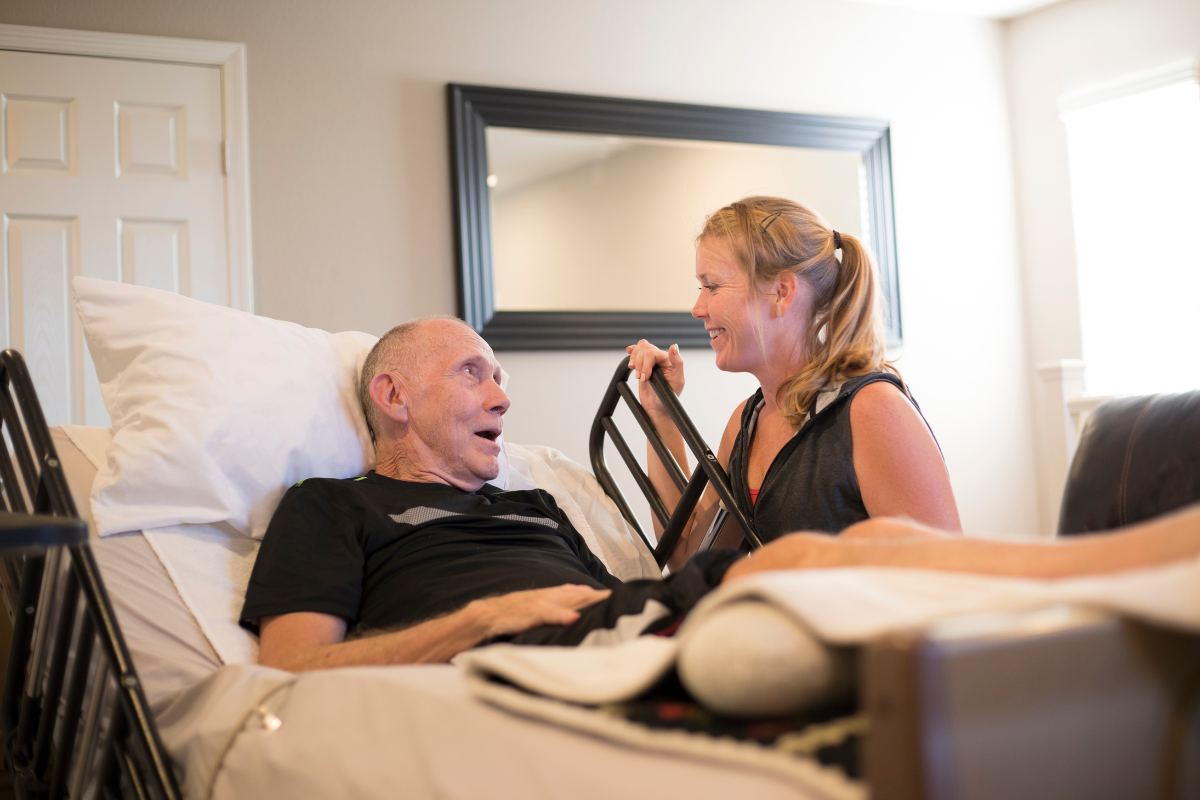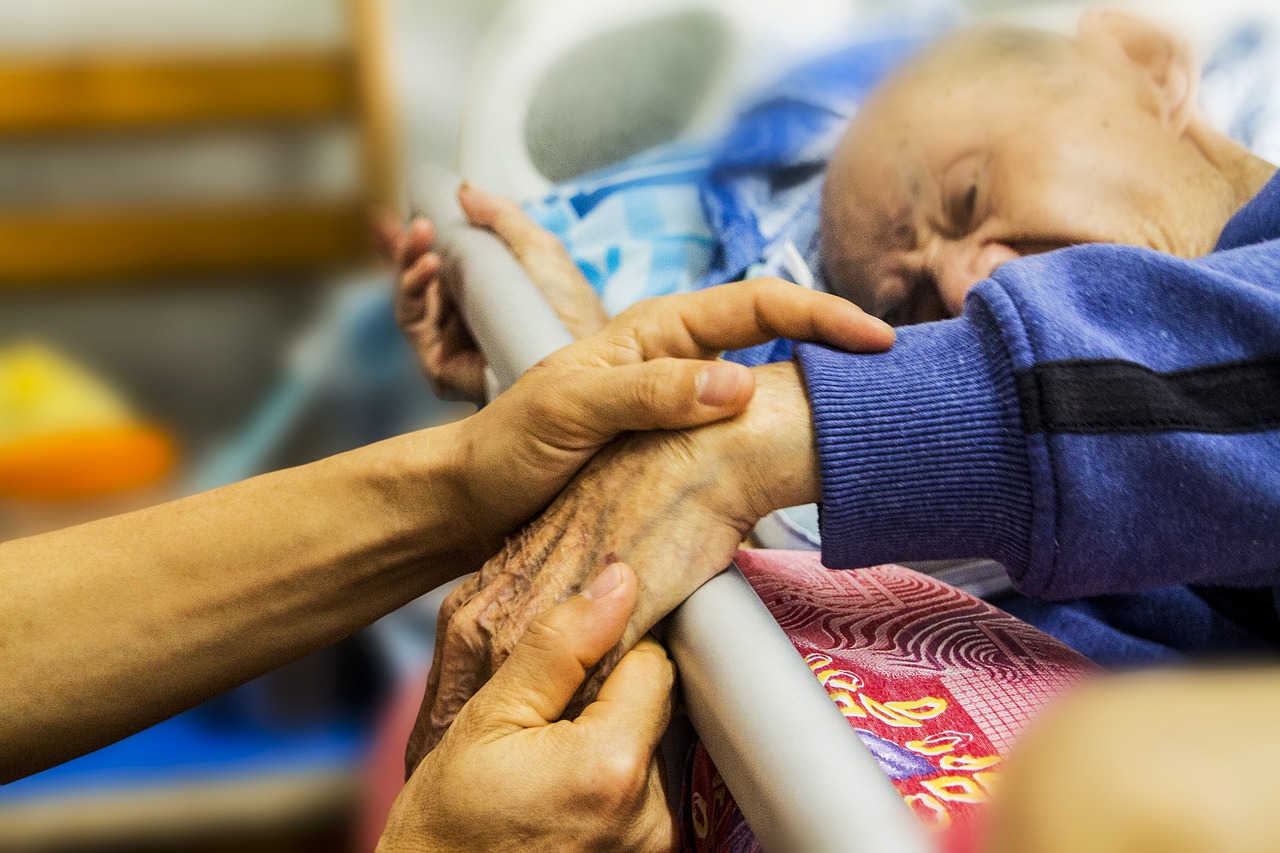Hospice Care After a Stroke

A stroke can be a life-changing event for anyone, especially for the elderly who may have underlying medical conditions. For stroke patients who are nearing the end of their lives, hospice care can provide a compassionate and comforting approach to end-of-life care.
Hospice care is a specialized form of medical care that focuses on providing comfort and support to individuals who are in the final stages of a terminal illness. This type of care is typically provided in the patient's home, but it can also be provided in an assisted living facility, a nursing home, or anywhere the patient resides.

How Hospice Supports Stroke Patients
While some patients recover from a stroke, hospice can be excellent support for those who do not. Hospice care after a stroke can help alleviate symptoms and manage pain. Stroke patients who are in hospice care will receive personalized attention from a team of medical professionals who specialize in end-of-life care. This team typically includes a hospice nurse, aide, social worker, chaplain, bereavement coordinator, and volunteers who support the patient’s physical, mental, emotional, and spiritual needs.
One of the key benefits of hospice care for stroke patients is pain management. Stroke patients who are nearing the end of their lives may experience pain or discomfort due to their condition or other underlying medical issues. Hospice care providers can help manage this pain through a variety of methods, including medication, physical therapy, and other holistic approaches.
Hospice care providers also help stroke patients manage their symptoms, such as difficulty swallowing or breathing, by providing specialized equipment and care.
Hospice care after a stroke can also help patients with their daily needs, such as bathing, dressing, and feeding, which can be difficult for patients with limited mobility.
Another important aspect of hospice care for stroke patients is emotional and spiritual support. Stroke patients may experience a range of emotions, such as anxiety, depression, and fear, as they come to terms with their condition and the end of their life. Hospice care providers can offer emotional and spiritual support to help stroke patients cope with these feelings and find peace during this difficult time.

How Hospice Supports Family Caregivers
In addition to supporting the stroke patient, hospice care can also provide support to their loved ones. Family members and caregivers may experience a range of emotions, such as grief and anxiety, as they care for their loved one. Hospice care providers can offer emotional support and guidance to help family members and caregivers cope with these feelings and navigate the end-of-life process.
It's important to note that hospice care after a stroke is not just for a patient’s final days. Families often share that they wished they had started hospice earlier. Patients are eligible for hospice care if they have been given a prognosis of six months or less to live if their illness follows its typical progression.
Hospice care can be a compassionate and comforting approach to end-of-life care for stroke patients. This type of care can help manage pain and symptoms, provide emotional and spiritual support, and offer guidance and comfort to family members and caregivers.
Crossroads Hospice & Palliative Care provides care and support to patients near end of life and their family. To learn more about the hospice criteria for stroke patients, please call 1-888-564-3405.
If you found this information helpful, please share it with your network and community.
Copyright © 2023 Crossroads Hospice. All rights reserved.




